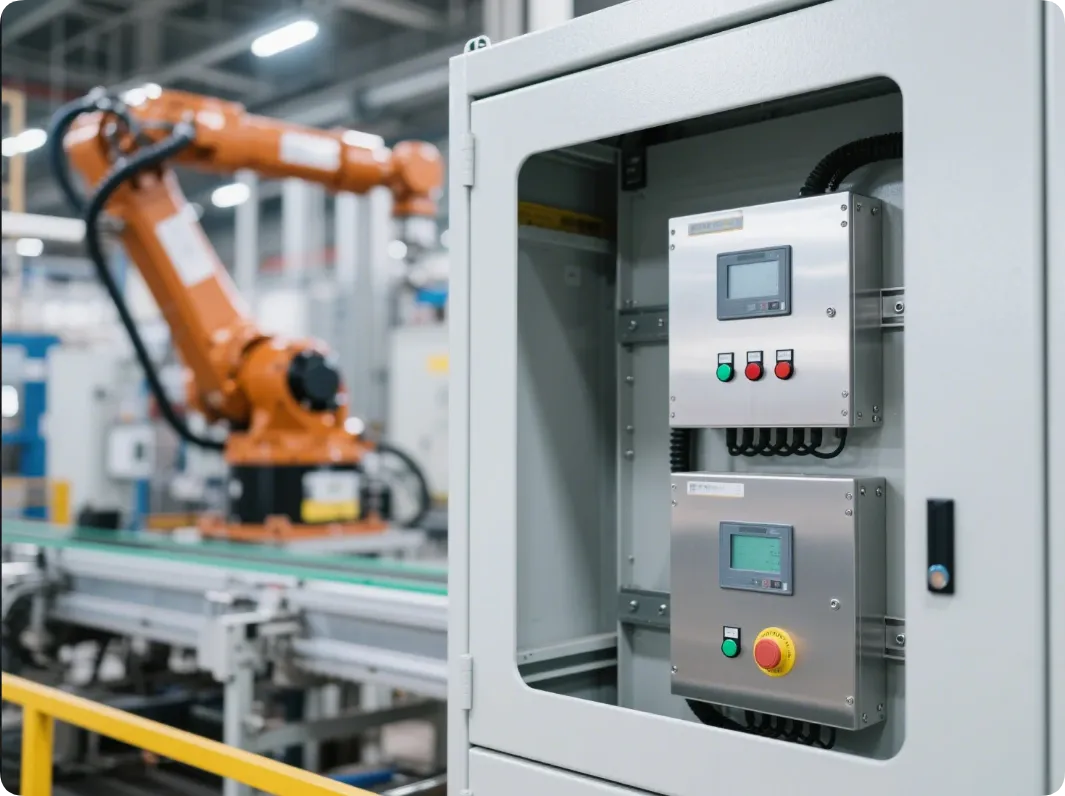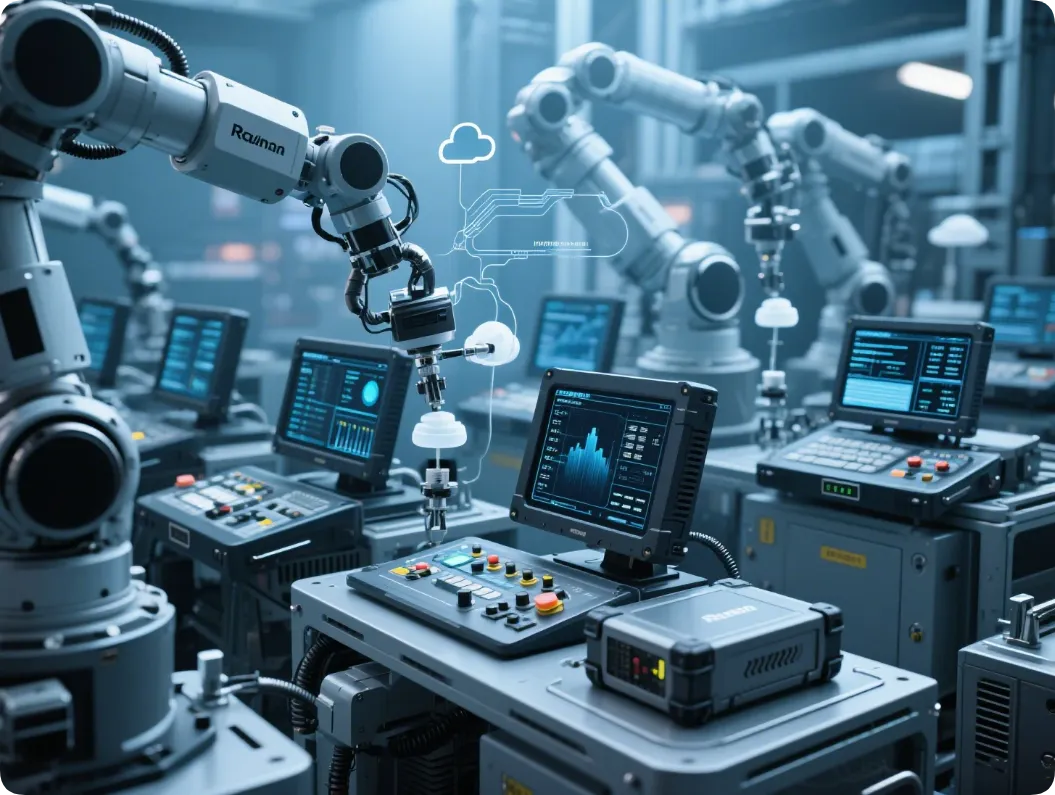In the demanding world of industrial automation, manufacturing, and the Internet of Things (IoT), traditional consumer-grade computers often fall short. Enter the rugged industrial box PC—a specialized computing solution engineered to thrive in extreme environments while delivering reliable performance. But what exactly defines this robust technology, and why is it indispensable to modern industries? Based on real-world examples and technical insights, this blog explores its core features, applications, benefits, and future trends.

A rugged industrial box PC is a compact, high-performance computer designed to operate in harsh conditions such as extreme temperatures, vibrations, dust, and humidity. Unlike standard PCs, these systems prioritize durability, longevity, and adaptability, making them ideal for industries like manufacturing, energy, logistics, and machine vision. Key attributes include:
Fanless design: Eliminates moving parts to reduce failure risks from dust or mechanical wear.
Rugged enclosures: Constructed from aluminum, steel, or reinforced materials to withstand physical stress.
Wide temperature tolerance: Operates reliably in environments ranging from -20°C to 60°C (or higher in specialized models).
Industrial-grade components: Built with extended-life parts to minimize downtime.
For example, Teguar’s TB-5745-PCIe combines a fanless cooling system with GPU compatibility, enabling it to handle high thermal loads in machine vision applications without compromising reliability. Similarly, BVS’s GW-B Plus features a rugged, fanless design optimized for shock and vibration resistance in industrial environments.
1. Robust Construction for Extreme Environments
Rugged box PCs are built to endure physical challenges. The Shuttle’s BPCWL03, for instance, employs a corrugated external design to dissipate heat efficiently in temperatures from -20°C to 60°C, making it suitable for outdoor installations in refineries or farms. Their enclosures often meet IP67 (dust/water resistance) or MIL-STD-810G (shock/vibration) standards.
2. Flexible Expansion and Customization
These PCs support modular configurations to adapt to diverse industrial needs. BVS’s GW series allows users to swap front-panel daughterboards for tailored I/O setups, reducing the need for custom hardware designs. offers up to four PCIe slots for adding vision cards, 4G modules, or other peripherals, ideal for edge computing and quality control systems.
3. High-Performance Computing in Compact Sizes
Despite their small form factor, rugged box PCs pack powerful processors like Intel® Xeon® or Core™ i7/i5.
4. Energy Efficiency and Silent Operation
By eliminating fans and using passive cooling (e.g., heat sinks), these PCs reduce energy consumption and operate silently—critical for noise-sensitive environments like hospitals or laboratories.
Rugged industrial box PCs are versatile workhorses in sectors where failure is not an option:
Industrial Automation and SCADA Systems
BVS’s GW-B Plus monitors and controls machinery in energy plants, thanks to its Gigabit Ethernet ports and wide-temperature operation.
Edge Computing and IoT
BVS’s GW-E integrates with IoT networks in smart factories, offering Wi-Fi and M.2 storage for edge data analytics.
Transportation and Logistics
Rugged PCs manage fleet tracking and warehouse automation, surviving vibrations from AGVs (Automated Guided Vehicles) and harsh warehouse conditions.
1. Reduced Downtime and Maintenance Costs
Fanless designs and solid-state components minimize part replacements. A logistics case study reported a 45% drop in equipment failures after switching to rugged systems.
2. Long-Term Reliability
With lifespans exceeding 5–7 years, these PCs outlast consumer-grade alternatives, even in dusty or humid environments.
3. Future-Proofing Through Modularity
Customizable I/O and expansion slots allow seamless upgrades as technology evolves.

As industries embrace automation and AI, rugged box PCs are evolving to meet new demands:
AI Integration: Enhanced GPUs and AI accelerators enable real-time analytics for predictive maintenance.
Edge-to-Cloud Connectivity: Support for 5G and Wi-Fi 6 ensures faster data transmission in decentralized networks.
Sustainability: Energy-efficient designs align with green manufacturing initiatives.
A rugged industrial box PC is more than just a computer—it’s a mission-critical asset for industries navigating harsh environments and technological complexity. From silent, fanless operation to modular expandability, these systems empower businesses to achieve efficiency, reliability, and scalability. As Industry 4.0 accelerates, investing in rugged computing solutions isn’t just wise—it’s essential for staying competitive.If you want to know more, please contact us.

Click to confirm
Cancel